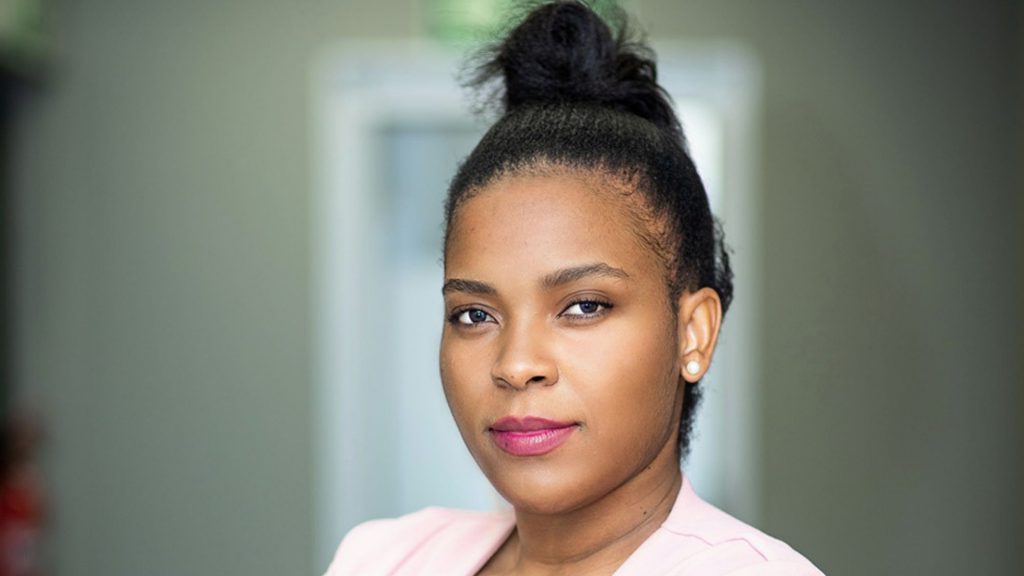In a move that signals a major leap forward in generative AI, OpenAI has quietly rolled out ChatGPT-5, its most advanced model to date….
Gender gap: Tech start-ups in SA still ruled by men

Did you know that less than 25% of tech jobs in South Africa are held by women? Technology start-ups are scrambling for women to help shrink the gender gap and advance diversity, but the pool of available talent is low.
It seems the South African digital sector hasn’t quite grasped the age-old law of supply and demand. Technology companies are scrambling for capable women professionals to help shrink the gender gap and advance diversity, but the pool of available talent is low.
The dichotomy is worrying especially for a sector that prides itself with being one step ahead of everyone else. We have known for some time now that women are grossly underrepresented in the digital sector, holding less than 25% of South African tech jobs, but if things carry on as they are, women risk completely out-skilling themselves from future tech jobs in the Fourth Industrial Revolution (4IR).
Equipping even more talented females with the right critical skills of the future starts at the grassroots level. Prudence Mathebula, shareholder and managing director of Dynamic DNA is tackling it head on through her 4IR4HER movement. The 26-year-old, Soweto-born entrepreneur isn’t surprised that South African women tend to gravitate away from STEM-related (science, technology, engineering, and mathematics) degrees at university level.
A career in ICT never crossed her mind when she was embarking on her studies, and it was only after completing her diploma in marketing and advertising that she fully realised how valuable an ICT qualification could be in paving the way to more exciting and rewarding careers.
From working on the internet and designing software and apps to implementing cyber security systems and coding trendy games, the career opportunities are endless (and pay cheques just as great), but women need to have the right qualifications and experience first.
Mathebula is determined to change the belief that a career in ICT leads to boring male jobs and upskill as many of South Africa’s underprivileged and unemployed 15- to 34-year-old women as possible. Her training and skills development company, Dynamic DNA, partners with top ICT vendors across the country, providing a variety of fully accredited, specialist courses for digitally savvy women candidates who have the right cognitive abilities, behaviours, and values, but not the qualification to match.
“With women making considerable strides in fields that were previously male dominated, the lines of career limitations have blurred. There are more career choices available to women now than ever before, allowing them to take charge of their own destiny. It is so important that women start to view their career in technology as a major life-changing opportunity,” says Mathebula.
The right aptitude and attitude
It all boils down to aptitude and attitude and Boitumelo Tshepe, currently on the Dynamic DNA 4IR4Her programme, has both in spades. A maths whiz at school and with an older sister studying web development, Boitumelo knew that a career in IT was a no brainer, but the only thing she was lacking was the qualification and experience.
Thanks to Mathebula’s 4IR4HER programme, Tshepe is now in her final year of a level 5 National Certificate in Information Technology Systems Development course, learning about object oriented and Fourth Generation language programming, website development, multimedia, and e-commerce, and she is also a student in software development at TUT.
She is also getting hands on experience in mobile and database development in her practical at Cloudsmiths, one of the fastest growing companies within the salesforce ecosystem in Southern Africa.
“I have learnt so much already and am so excited to enter the workforce and begin my career,” she says excitedly, with only a few months left before she graduates in 2023.
The buck doesn’t stop with women
Tshepe is a shining example of how programmes like 4IR4HER can make a significant difference to the lives of everyday women. Yet for Mathebula to meet her aim of developing baseline skills and creating employment opportunities for 5 000 underprivileged women in the local tech industry, she needs the invaluable support of big business.
“There is a huge lack of skills in industries related to 4IR, which is booming. As businesses set up sustainable ways to digitise and become more competitive, developing a people pipeline for now and the future is critical,” adds Mathebula.
Aggressive campaigns to recruit, hire, retain, and promote women talent is simply not enough. Both the private and public sector needs to commit and invest in learnerships, bursaries, skills development programmes and internships for women to help diversify their workplace.
Not only is this good for business, improving productivity and innovation that in turn has a positive knock-on effect on their bottom line, but in doing so businesses can also benefit from several incentives like accessing available SETA grants and skills funding, tax rebates, as well as advancing their B-BBEE scorecard.
ALSO READ: Move over tech bros: Women entrepreneurs join Africa’s fintech boom

